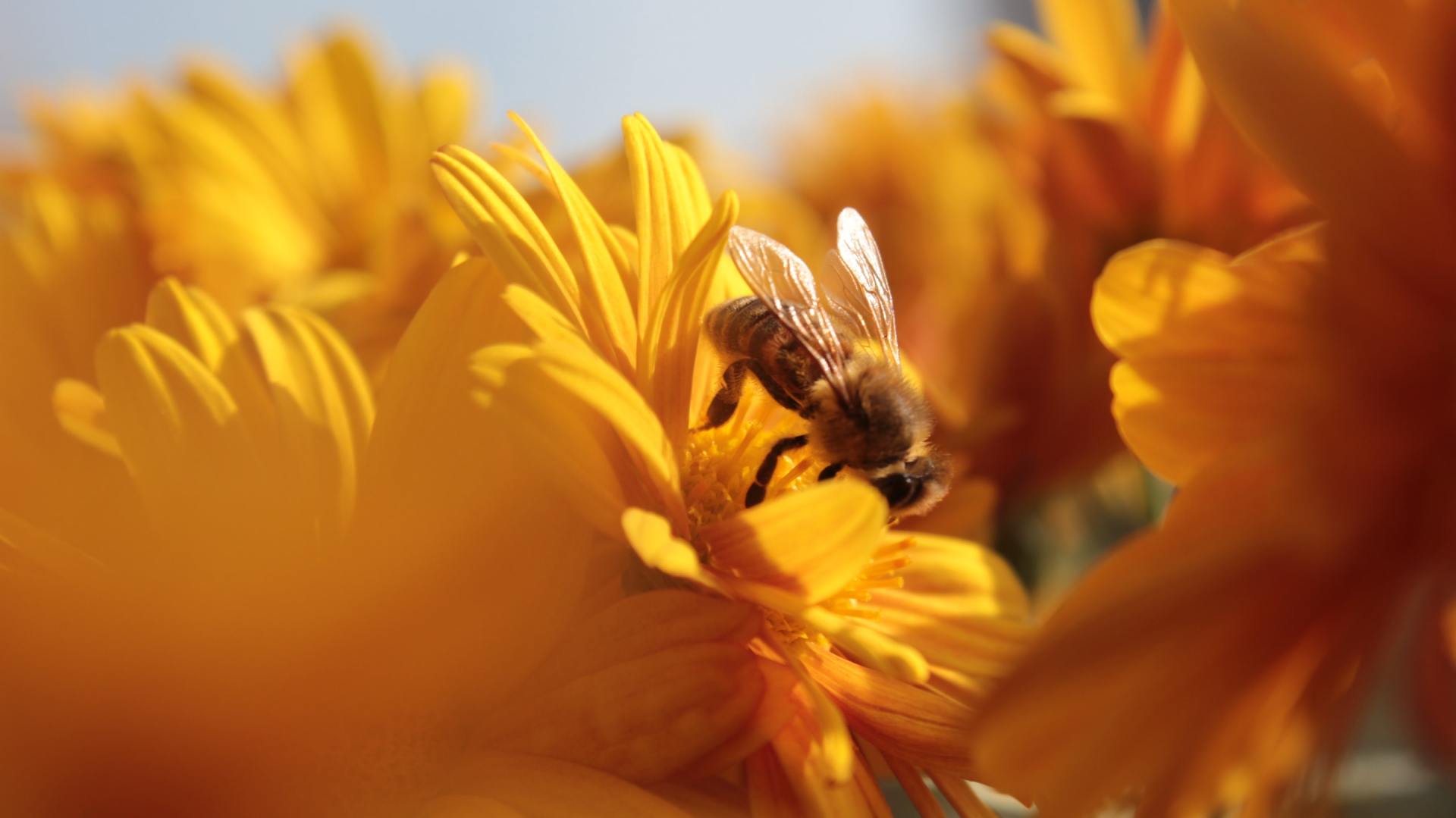La Vie MD
La Vie MD

Well I should have written part 3 a year ago, but honestly not much has changed and now there are far more studies to support the same conclusions: Vaccine work to prevent death & ICU admission but how well they work decreases at around 4-12 weeks. Until another booster. The most common questions are: when should you get your next booster? which one? In July 2022 the following study was published in Cell Report Magazine by Lyke et al: Rapid decline in vaccine-boosted neutralizing antibodies against SARS-CoV-2 Omicron variant The most important part of the study is: "All prime-boost combinations substantially increase the neutralization titers to Omicron, although the boosted titers decline rapidly within 2 months from the peak response compared with boosted titers against the prototypic D614G variant." (aprox 3 months) So what does that even mean? Does it answer the questions? Yes it does Do Vaccines still work? Yes, The Current vaccines work as they have in the past to provide protection against death & severe illness Which booster should I get? Whichever one is available to you now When should I get my next booster? Depends on which one you had & what combo: Moderna + Moderna Booster work to prevent death and ICU admissions for about up to 2 months, after that how well it works starts to decline Current Vaccines + Variant specific Booster works prevent death and ICU admissions for about up 3 months, BUT ONLY IF ITS THE RIGHT VARIANT SPECIFIC VACCINE then starts decreasing in how well it works So make sure to check your vaccine card, and if its been more than 3 months you should absolutely be getting your booster. You can read the study details: Rapid decline in vaccine-boosted neutralizing antibodies against SARS-CoV-2 Omicron variant https://doi.org/10.1016/j.xcrm.2022.100679 Stay safe!

Imagine a beautiful walk along the beach when you are suddenly stung by a wasp, sadly my recent reality. I recently was stung by a wasp twice in one week. The incident was definitely worse than I could have imagined and decided to share important information about wasp/bee stings. Remember this is for educational purposes only not medical advice and always see a doctor for your medical needs Deaths from bees and wasps account for about 100 deaths each year in the USA. Most people only have a localized reaction which can be treated with Ice and over the counter medication, some may have a more severe reaction which can even be life threatening, all of which we will discuss below: If stung by a insect these are the steps that are necessary: 1. Immediately remove the stinger right away (90% of venom is delivered within first 20-30seconds) 2. Examine the area the make sure the stinger has been completely removed 3. Clean and disinfect the area with soap and water 4. Use Ice for swelling on the area 5. Over the counter pain medications to treat pain 6. If there is itching involved take over the counter antihistamines. Be aware if you are using anti-histamines that make you drowsy such as Benadryl 7. If there is concerns for trouble breathing, swelling of lips or tongue this can indicate a severe allergic reaction which can become a medical emergency call 9-1-1 immediately and if available use an Epi pen 8. Inject epinephrine to anterolateral thigh above the deltoid. 9. Albuterol inhalers can be used for trouble breathing but should never substitute for an epi pen or delay the use of an epi pen. 10. Your doctor may prescribe you oral steroids or antibiotics if there is severe swelling or signs of infection in the area involved Some home remedies that are recommended are: 1) baking soda to neutralize the enzymes and 2) tobacco/nicotine most likely to decrease blood flow through vasoconstriction but it was hard to find any data or research to back up these recommendations. In the future someone may look into it to see if valid. Things to keep in mind over the days following the sting if you see changes: 1. Some people can have a delayed and exaggerated response. " Exaggerated response to the venom is likely secondary to an IgE mediated mechanism. These reactions typically worsen over 48 hours and then resolve within 7 to 10 days." 2. "Serum-sickness reactions may occur up to 14 days after a sting and may include life-threatening conditions such as myocardial infarction, renal failure, DIC, and cerebral edema." 3. Depending on where the incident happened, especially if the ability to clean and sterilize the wound was not possible there can be a chance for cellulitis (infection of the skin) surrounding the area of the sting to occur Please see a doctor or go to the emergency room if you have concerns. Please remember this is not medical advice but for educational purposes only A special thank you to Susan Kramer @Kramer_susan & Matt Grimshaw @Matt_Grimshaw (you can find them on twitter) for the help with the witty title & subtitle for this post References: Arif F, Williams M. Hymenoptera Stings. [Updated 2020 Jun 24]. In: StatPearls [Internet]. Treasure Island (FL): StatPearls Publishing; 2021 Jan-. Available from: https://www.ncbi.nlm.nih.gov/books/NBK518972/ Abbas M, Moussa M, Akel H. Type I Hypersensitivity Reaction. [Updated 2020 Oct 20]. In: StatPearls [Internet]. Treasure Island (FL): StatPearls Publishing; 2021 Jan-. Available from: https://www.ncbi.nlm.nih.gov/books/NBK560561/ Pucca, M. B., Cerni, F. A., Oliveira, I. S., Jenkins, T. P., Argemí, L., Sørensen, C. V., Ahmadi, S., Barbosa, J. E., & Laustsen, A. H. (2019). Bee Updated: Current Knowledge on Bee Venom and Bee Envenoming Therapy. Frontiers in immunology, 10, 2090. https://doi.org/10.3389/fimmu.2019.02090

Access to comprehensive healthcare services is important for preventing, managing disease, promoting and maintaining good health. 13.8% of Palm Beach County , FL does not have insurance. That is about approximately 3 in every 20 people that does not have health insurance coverage of any kind. If they were to access healthcare services they would have to pay out of pocket or choose to delay their care which could lead to worsening of their disease or more costs later on. Insurance premiums are unaffordable for many and this leads to many becoming uninsured. Those who are self-employed find plans on the marketplace are outside the scope of their budget. Even those with employer sponsored plans are noticing higher premiums but less being covered each year. This is why La Vie MD Medical Health& Wellness Lifestyle Medicine Clinic was created. La Vie MD is here to provide residents of Palm Beach County an affordable way to see a family physician. With transparent pricing and easy to understand monthly membership plans taking your health back has never been easier. We are now taking New Patients. Sign Up For Our Newsletter and Stay Tuned.



